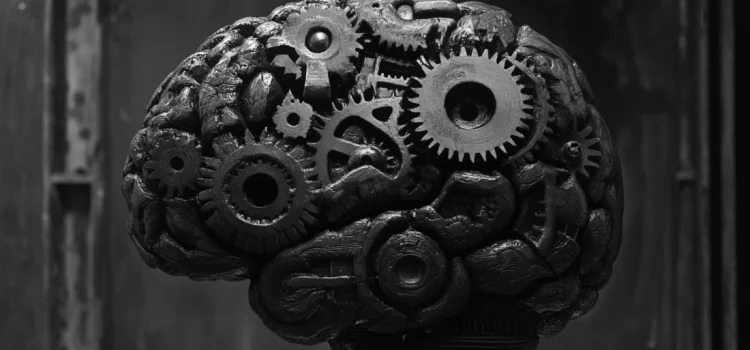What does the human condition mean? Why does Buddhism believe that humans are unsatisfied in life? In Why Buddhism Is True, Robert Wright asserts that the Buddhist concepts of dukkha (suffering) and tanha (craving) offer an accurate view of the human condition. According to Wright, modern science supports these ideas. Keep reading to learn what the Buddhist interpretation of the human condition is.
What Does the Human Condition Mean? The Buddhist Philosophy










